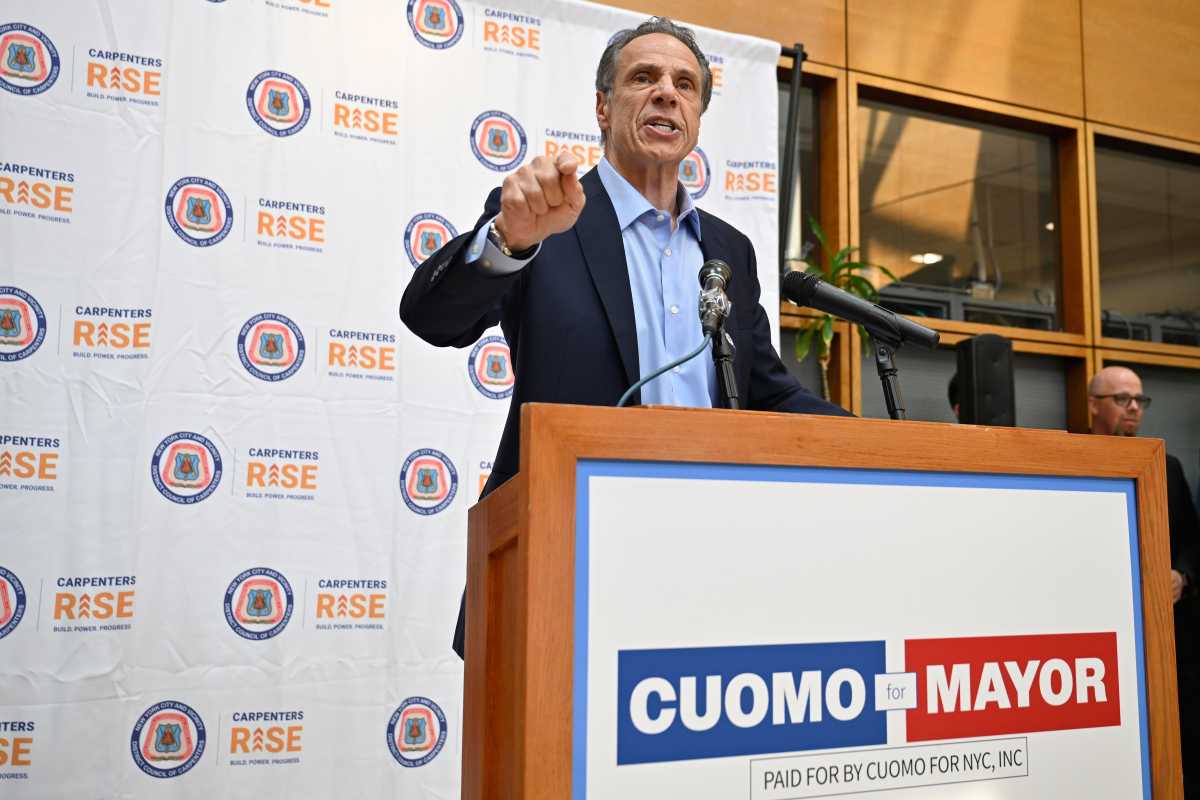The billboard has two target markets and serves two purposes:
1) To the atheists, specifically closeted atheists who may even attend church: The billboard urges them to come out to their friends, family, and especially themselves. We believe that many people who go to church and call themselves “Christians” are really atheists.
Too many do so just to fit in, not realizing that everyone (with the exception of their pastor) would benefit if they told the truth. We challenge them to face this issue, and to ask themselves if they really believe in the god to whom they bow their heads, bend their knees, and give their money. This billboard encourages self-reflection and discussion on what people really think is truth, and what they really think is myth.
2) To the Christian Right: We are sending a message that Christianity does not own the season. The Winter Solstice predates life on earth, and Christianity is just the latest in a long line of religions with savior myths that assert that their god(s) were born on the winter solstice. Indeed, all of the traditional Christmas trappings predate Christianity by several centuries. It’s a holiday of stolen traditions, not unique, and only special to those who follow the mythology.
Again, we are not intent on insulting Christianity — we tell the truth, which anyone can verify with their own research. We are, however, pointing out the absurdity of the idea that this is the “Christmas season,” and that it is somehow wrong to acknowledge other holidays and events observed by America’s deeply diverse populace.
By both measures, the billboard has been a resounding success. All over the Internet, people are discussing their views, some for the very first time, and many are realizing they don’t believe in an invisible man in the sky, after all.
It’s a very good time to be an atheist — it’s an even better time to come out.
David Silverman is president of American Atheists.























